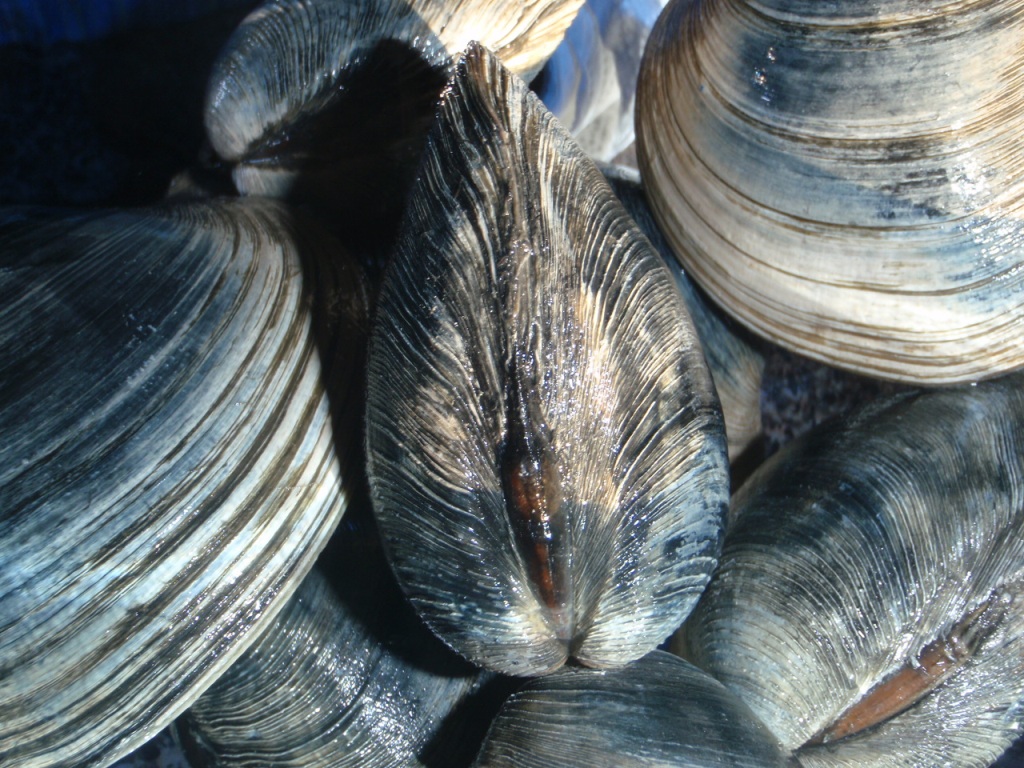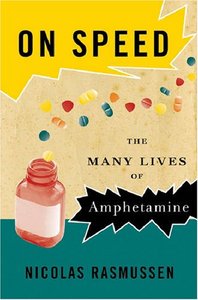When I build something permanent, I try to get it right. Wood is forgiving, to a point, and it will last past a lifetime if cared for properly. The tree has already given up the ghost, and I will soon enough.
 |
| I obviously need sunscreen on my head now, photo credit Leslie |
Every piece of wood I ever worked with had its own personality. Cedars tend to act like cedars, oak like oak, but even within a species is just enough variation to keep things interesting.
I stacked together hundreds, maybe thousands, of rocks back in my early twenties, to build a wall that would outlast my life. I built it carefully, and I hope someone acknowledges as much a hundred years from now. No way to know, of course, and in the end, the admiration of someone who has yet to breathe is besides the point.
 |
| That's me, being human....photo by Leslie again |
Not sure my students grasp why I do half the things that I do, but by this time of year, they trust why I do them. It's a good time of year to be a teacher, if you've been doing this right.
And for all the errors I make every day, I mostly do this right.
And all we have is moments.
I have a chance to write for a national organization, and I may yet, but I need to do it for the right reasons.
In the end, why we do things matters almost as much as what we actually do.














.jpg)














